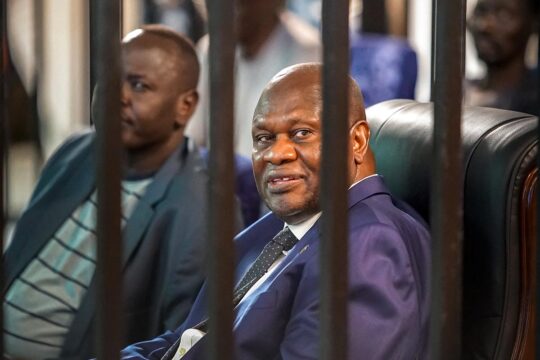The event will take place from November 26 to 28 and aims to “share the ICTR’s experiences in the prosecution of sexual and gender-based violence crimes so those experiences may benefit future prosecutions both at international and national levels”.
The ICTR, based in the northern Tanzanian town of Arusha, was the first court to recognize that rape could constitute an act of genocide. Over the past 16 years, 93 accused indicted by the ICTR were charged with crimes of sexual violence, according to the statement. Prosecutor Hassan Bubacar Jallow has produced two draft best practice documents on the prosecution of such crimes, which will be discussed at the workshop with “over 90 representatives from other international tribunals and courts, national jurisdictions and other experts in the field”.
The statement says the workshop will be “an important contribution to the legacy” of the ICTR, which is due to complete all its work by the end of 2014. Prosecuting crimes of sexual violence has particular resonance in the Great Lakes region of Africa. One third of the women raped during the Rwandan genocide were infected with AIDS, according to local associations. The region continues to be rocked by conflict with crimes of sexual violence committed on a large scale, notably in the Democratic Republic of Congo.
The new Prosecutor of the International Criminal Court, Fatou Bensouda, has made prosecuting crimes of sexual violence one of her priorities.
ER/JC



